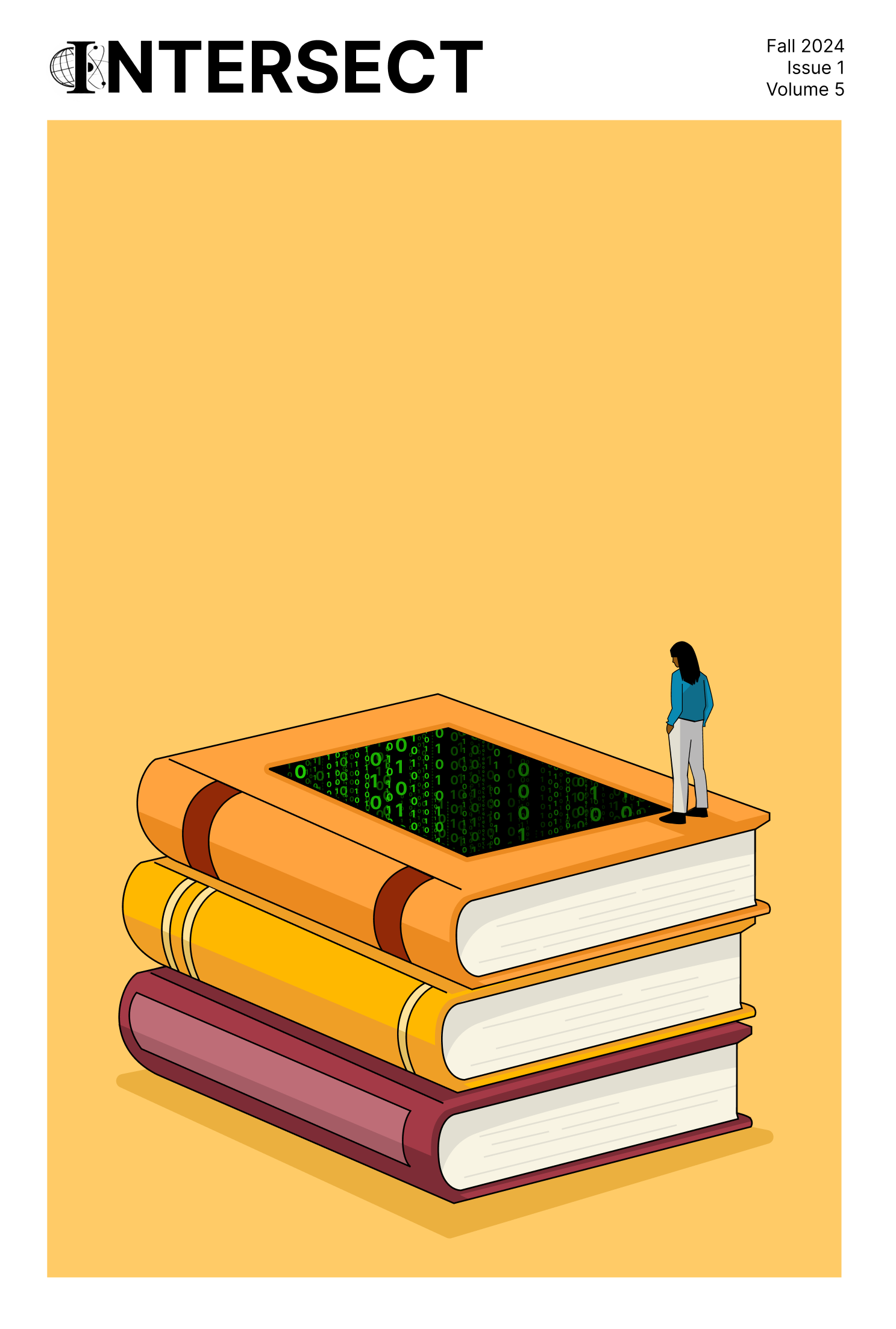Designer Babies: A Phenomenological Study on Genetic Engineering
Abstract
This study looks to determine a person's opinion on editing embryos depending on the severity of a disease versus their opinions on editing for physical preferences. This study will focus on high school students because it would provide insight into the next generation of those that would most likely have the availability to genetic engineering. All participants that voluntarily sign up to be a part of the study will be given an online survey that will assist in interpreting their beliefs on editing embryos. The results of this study could aid in making this technology more readily available for the public, whether it be for clinical purposes or enhancement purposes.
Downloads
Published
Issue
Section
License
Copyright (c) 2025 Intersect: The Stanford Journal of Science, Technology, and Society

This work is licensed under a Creative Commons Attribution-NonCommercial-NoDerivatives 4.0 International License.
Authors who publish with this journal agree to the following terms:- Authors retain copyright and grant the journal right of first publication with the work simultaneously licensed under a Creative Commons Attribution License that allows others to share the work with an acknowledgement of the work's authorship and initial publication in this journal.
- Authors are able to enter into separate, additional contractual arrangements for the non-exclusive distribution of the journal's published version of the work (e.g., post it to an institutional repository or publish it in a book), with an acknowledgement of its initial publication in this journal.
- Authors are permitted and encouraged to post their work online (e.g., in institutional repositories or on their website) prior to and during the submission process, as it can lead to productive exchanges, as well as earlier and greater citation of published work (See The Effect of Open Access).

